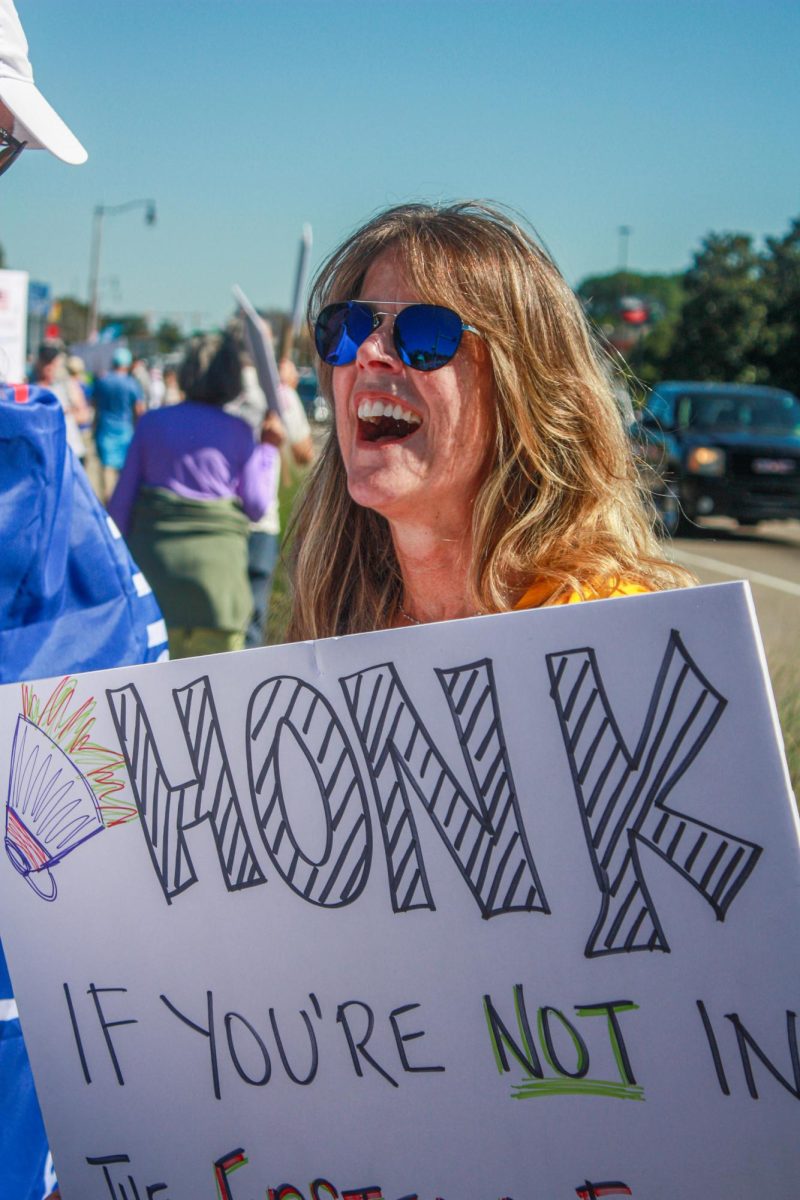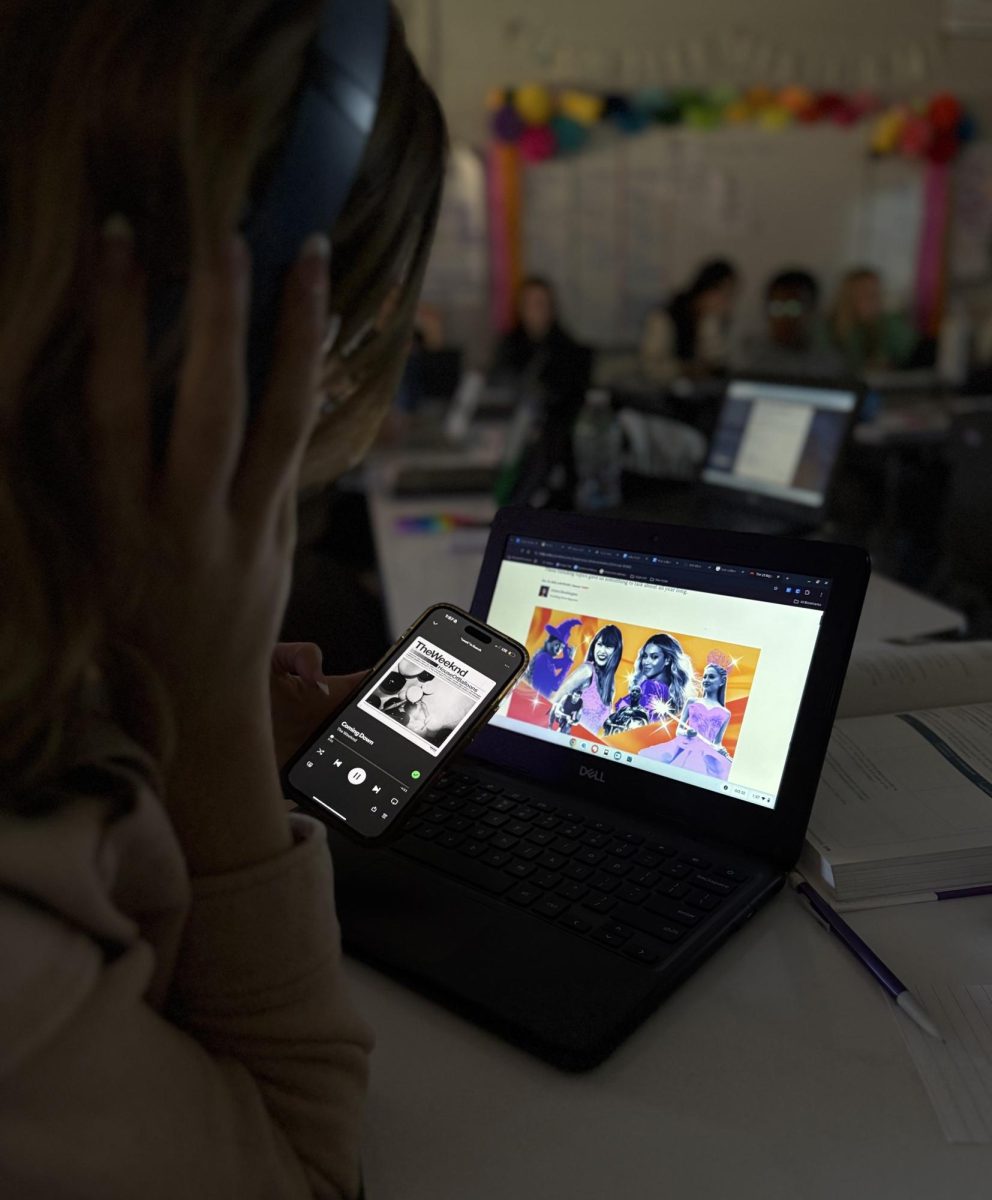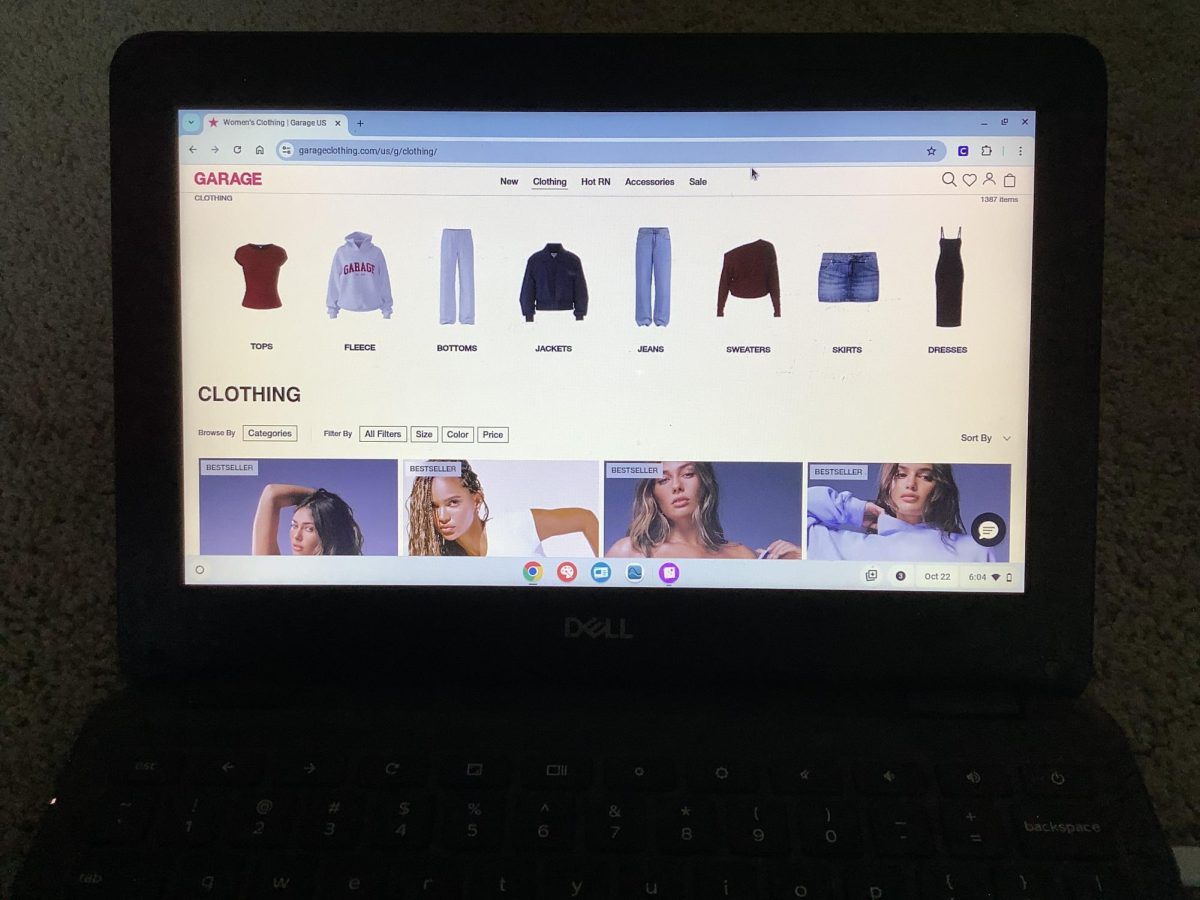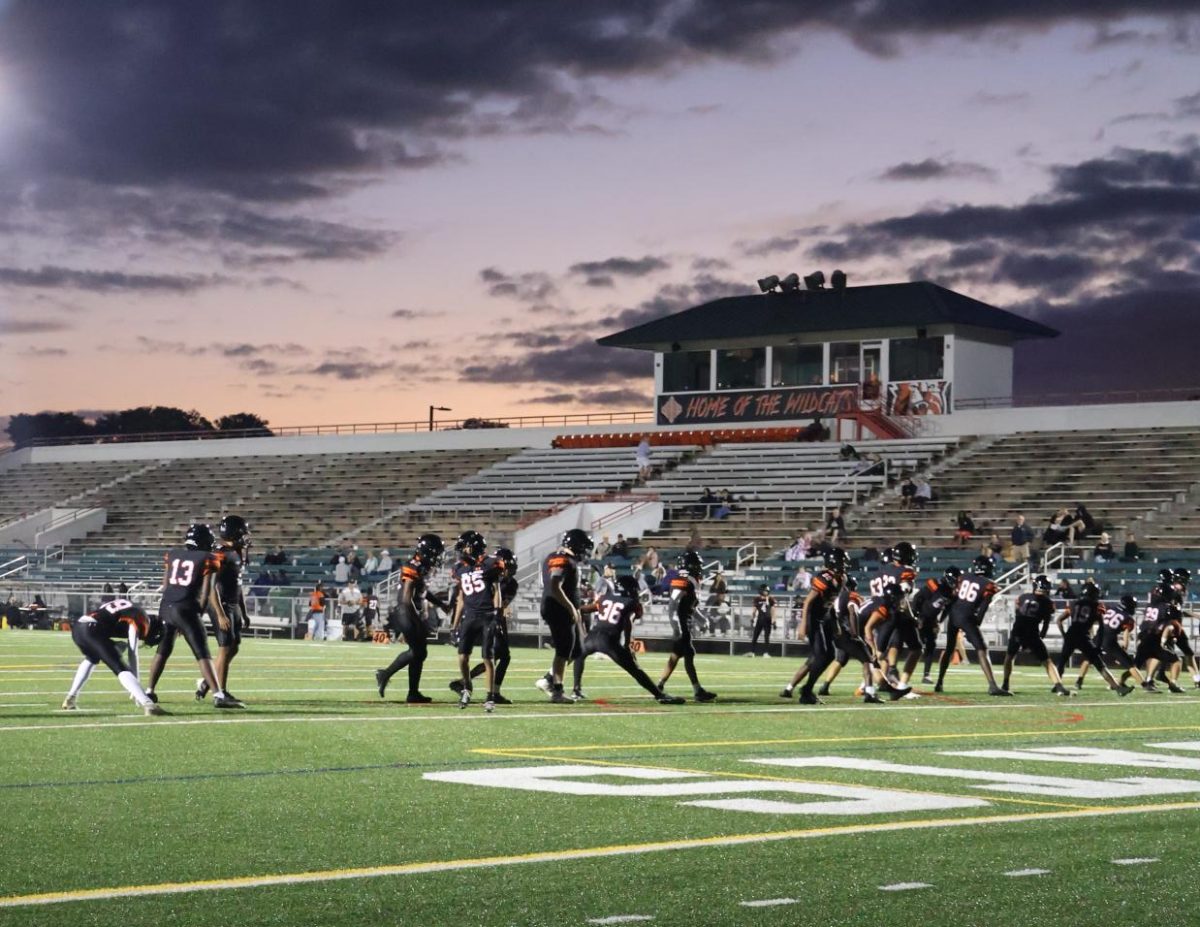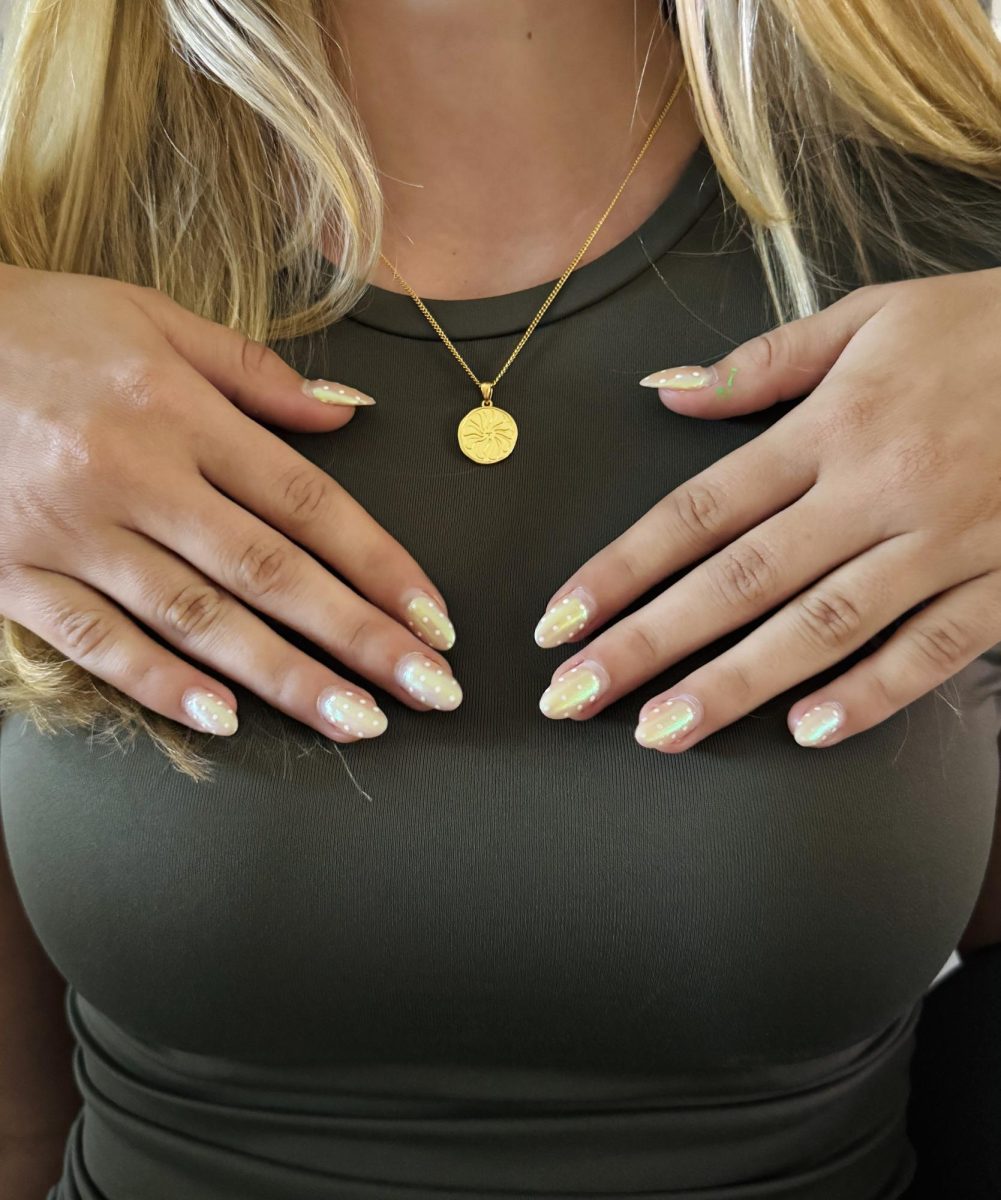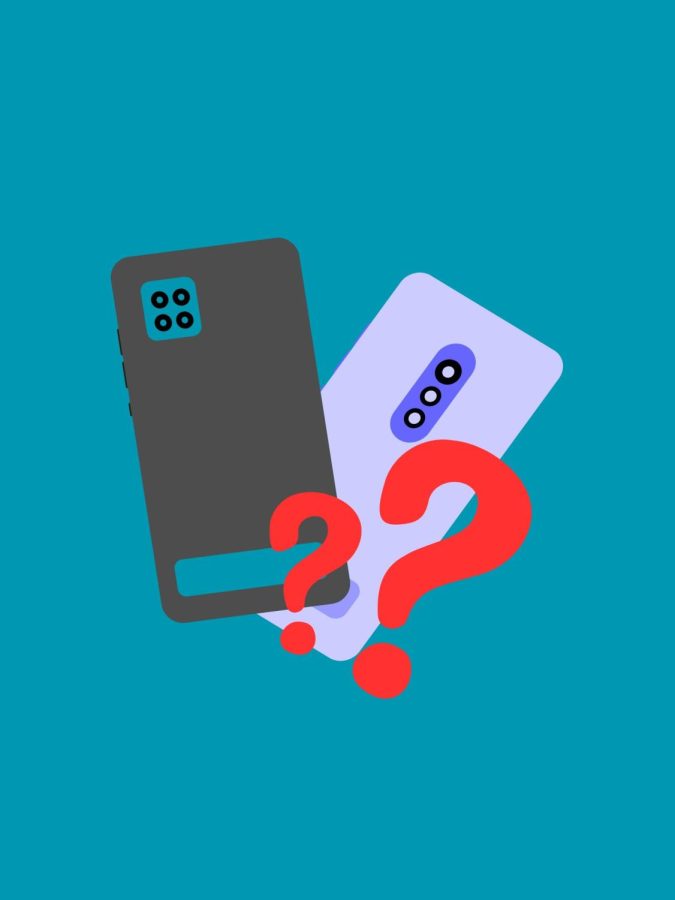Advisory on Social Media for Adolescents
Photo by Fleur
Graphic of phones with question marks
May 24, 2023
No one can deny that internet and social media have enormously impacted how people interact with each other and their environment. The debate is whether or not that is a good or bad thing.
On May 9th, an article published by the American Psychological Association called Health Advisory on social media use in Adolescence explains that although social media is not inherently harmful, it amplifies many problems we commonly see in adolescents already.
“Using social media is not inherently beneficial or harmful to young people,” Said phycologist Mary Ann McCabe from the American Psychological Association. “…In most cases, the effects of social media are dependent on adolescents’ own personal and psychological characteristics and social circumstances—intersecting with the specific content, features, or functions that are afforded within many social media platforms. In other words, the effects of social media likely depend on what teens can do and see online, teens’ pre-existing strengths or vulnerabilities, and the contexts in which they grow up.”
This is not surprising, we’ve been hearing about the effects of social media for years now, but what is important here is that this is a report with over ten Ph.D. and ABPP phycologists collaborating on it. This article simply gives us an idea of the advisability of social media.
To many people, social media creates or supports their sense of worth, getting likes and knowing they’ve been seen positively can be a huge ego boost. It can give people a sense of community and safety when they cannot find it in their own life. But things on social media are not always so positive.
“I got bullied a lot in middle school,” said sophomore Erin Cameron. “People said a lot of things about me and it affected me. Now if I don’t get that many likes on my posts I think it’s the end of the world.”
Often online and on social media people don’t like something and overreact, this overreaction can range from insulting you even to sending death threats. Most students understand the need for certain restrictions due to these risks but still believe that the rules should be loosened as they mature and time goes on.
“There are restrictions put on my phone so that I go to bed,“ said junior Kellie Taggart. “Even if I think that it’s a good idea to limit phone use, it should be flexible for each person and their maturity level. Not everyone can handle the same amount responsibly.“

